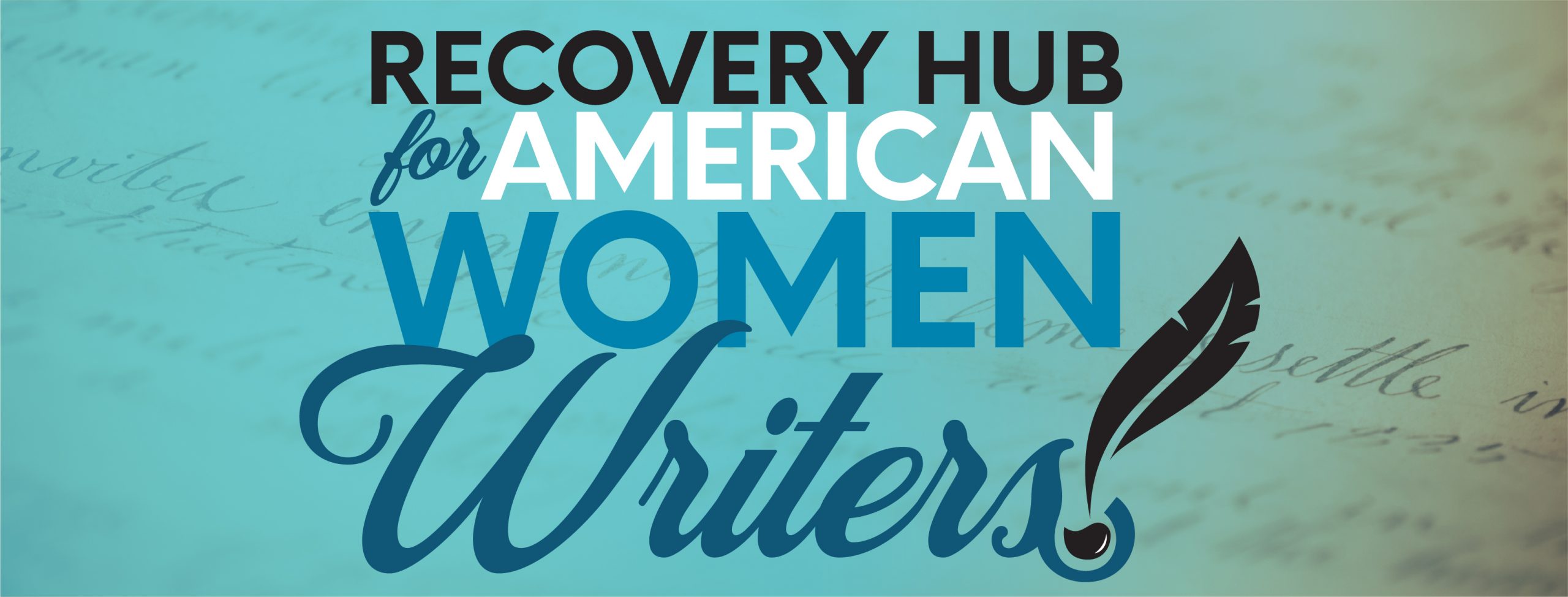Introduction by Alice Martin, Rutgers University
This bibliography focuses on resources related to recovery theory and methods. “Recovery” on the surface refers to the act of uncovering or excavating “lost” or neglected texts, figures, events, etc., in archives, or in scholarly analysis. But, as Brigitte Fielder reminds us in her essay cited in the bibliography below, recovery is “not simply a project of finding and reinstating texts, recovery involves broader methodologies for archival research, reading, and scholarship that extend beyond textual location and inclusion” (Fielder 18). While making texts more accessible or including an author on a syllabus might be a starting point for recovery, recovery theory and methods grapple with many complex questions and concerns, including:
- What should be recovered and why? How do we make these decisions?
- What systems or processes necessitate this recovery in the first place?
- How might we contextualize texts/authors/events in our acts of recovery for a modern audience?
- How do we facilitate student-led recovery that encourages students to explore outside of familiar, well-trodden ground in responsible ways?
- When has a text been effectively “recovered”? What is the sustainability of this recovery or its ongoing efforts/afterlives look like?
While these are just a few of the questions explored by the works in this bibliography, we hope you uncover many more facets of recovery through the resources shared below.
